Scientists analyzed the genome of a desert dingo (Canis dingo) from a remote part of South Australia and compared it to the genomes of five domestic dog breeds (boxer, German shepherd dog, basenji, Great Dane, and Labrador retriever), as well as the genome of a Greenland wolf.
Dogs are a highly successful model for informing prehistoric human migration, human culture development, and domestication processes.
Dingoes are a unique lineage in canine history since they have spent thousands of years geographically separated from both wolves and tame dogs.
They are believed to have arrived in Australia 3,500 to 8,500 years ago, potentially as a single importation, and have served as the continent’s top predator since the extinction of thylacines.
Since their introduction, dingo populations have been naturally selected to thrive on a diet of marsupials and reptiles.
The first domestic dogs were brought to Australia in 1788, and with the subsequent expansion of settlers, domestic dog DNA has introgressed into the dingo gene pool.
“Dingo survival is critical to maintaining a healthy and balanced ecosystem,” said La Trobe University’s Professor Bill Ballard.
“Dingoes are Australia’s ‘top order predator’, meaning they influence everything in their environment.”
“If dingoes aren’t given the protection they deserve, it will upset the country’s ecological balance — potentially leading to environmental issues like erosion and species extinction.”
In their new research, Professor Ballard and his colleagues sequenced the genome of Sandy, a pure desert dingo that was discovered as a three-week old pup by a roadside in the central Australian desert near the Strzelecki Track, with her sister and brother.
The researchers lined up Sandy’s genome against a Greenland wolf, and five domestic dog breeds including the German shepherd, and the world’s oldest known dog breed, the basenji.
Their results show that pure dingoes are an ‘intermediary’ between wolves and domestic dog breeds.
“Cracking the iconic Australian animal’s genetic code is a breakthrough for us,” Professor Ballard said.
“It gives us much clearer insight into how the dingo evolved — which is fascinating from a scientific point of view, but also opens up all sorts of new ways to monitor their health, and ensure their long-term survival.”
“One of the key differences between dingoes and dogs is the number of copies of the pancreatic ‘amylase’ gene each has,” he added.
“A pure dingo has only one copy of the amylase gene, whereas domestic dogs have multiple copies — which we show influences the gut microbiome and, we predict, affects what dingoes eat.”
“Based on this new knowledge, we hypothesize that dingoes are far less likely to eat farm animals, including sheep.”
“If we’re correct, what farmers currently assume are dingoes killing their stock, are likely to be feral wild dogs.”
The findings appear in the journal Science Advances.
Citations:
Matt A. Field et al. 2022. The Australian dingo is an early offshoot of modern breed dogs. Science Advances 8 (16); doi: 10.1126/sciadv.abm5944
This article was first published by Sci-News.com on 25 April 2022. Lead Image: Sandy as a 3-year-old; she was found as a 4-week-old puppy in a remote region of South Australia in 2014; subsequent genetic testing showed that she was a pure desert dingo. Image credit: Field et al., doi: 10.1126/sciadv.abm5944.
What you can do
Support ‘Fighting for Wildlife’ by donating as little as $1 – It only takes a minute. Thank you.
Fighting for Wildlife supports approved wildlife conservation organizations, which spend at least 80 percent of the money they raise on actual fieldwork, rather than administration and fundraising. When making a donation you can designate for which type of initiative it should be used – wildlife, oceans, forests or climate.

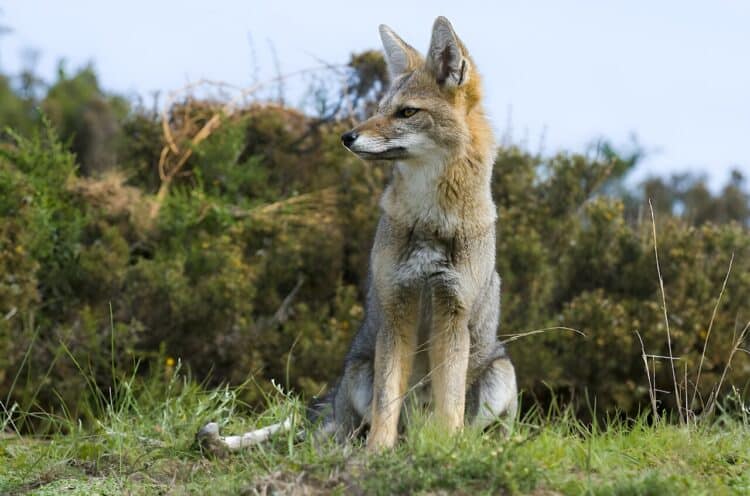
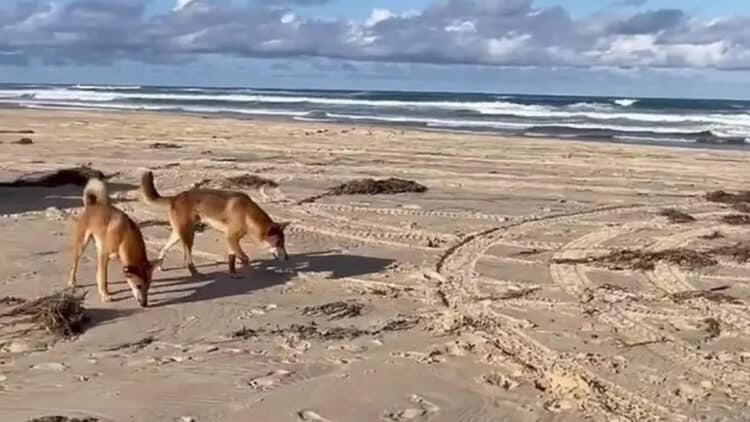
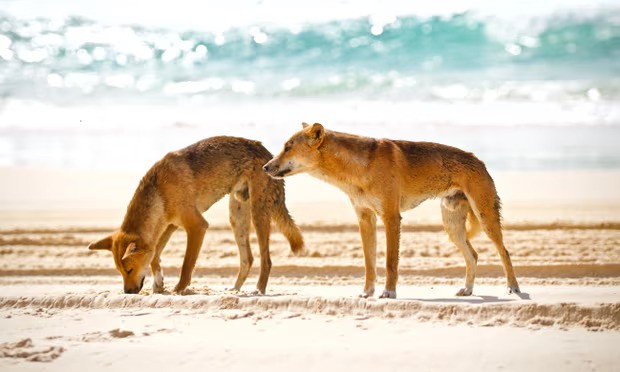
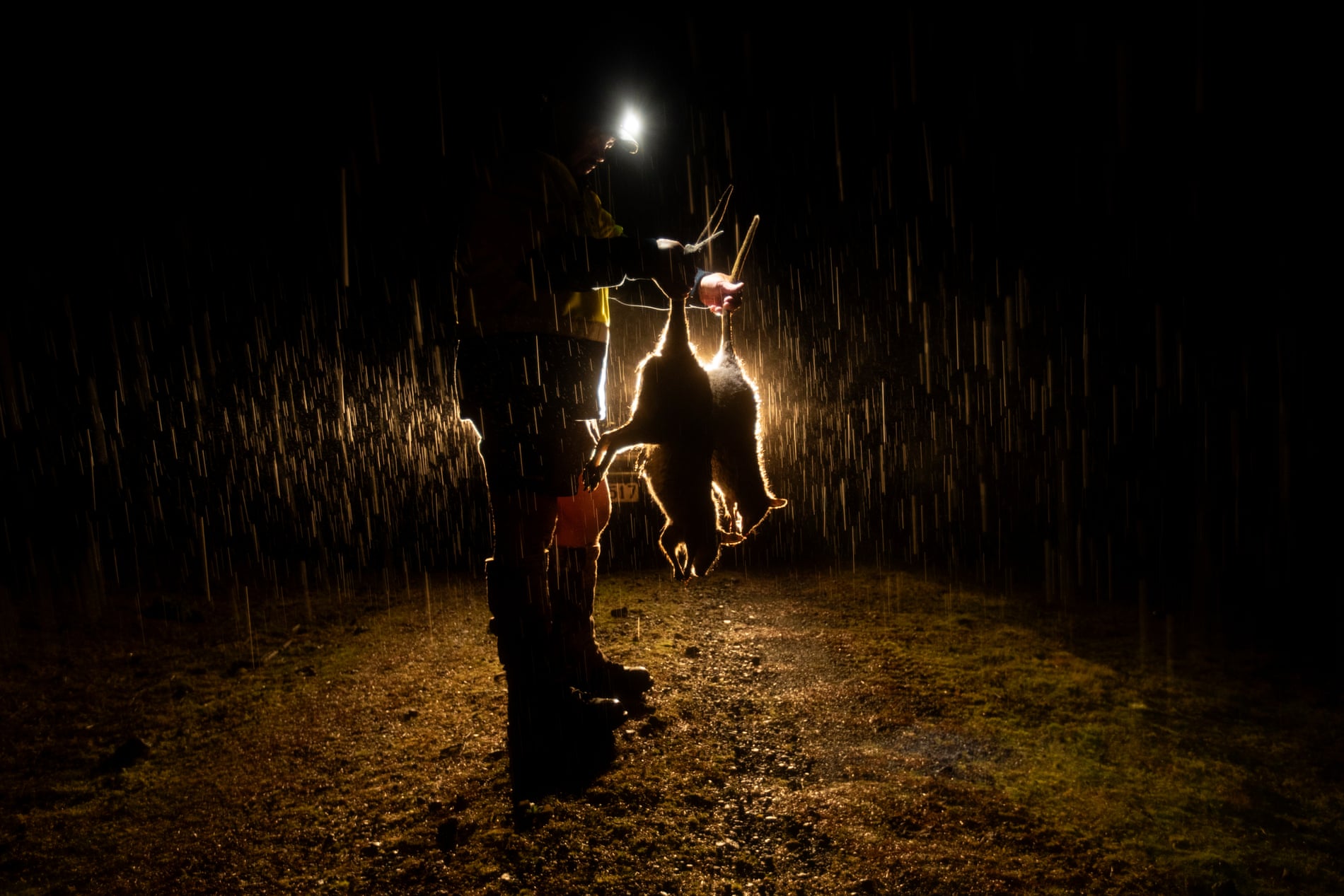

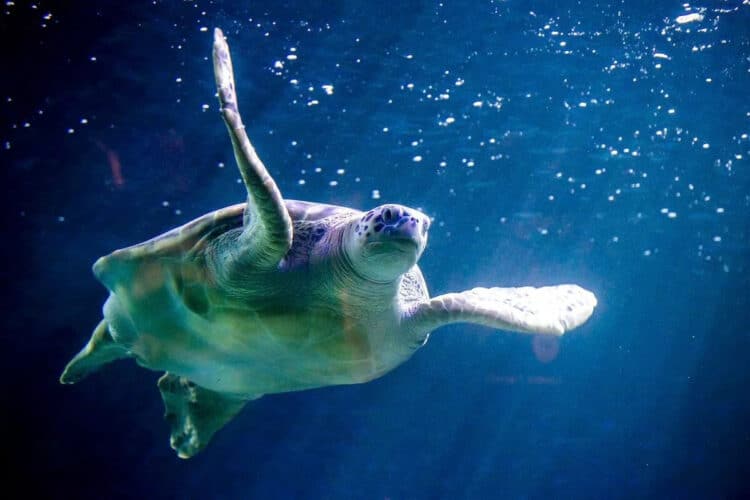
Leave a Reply